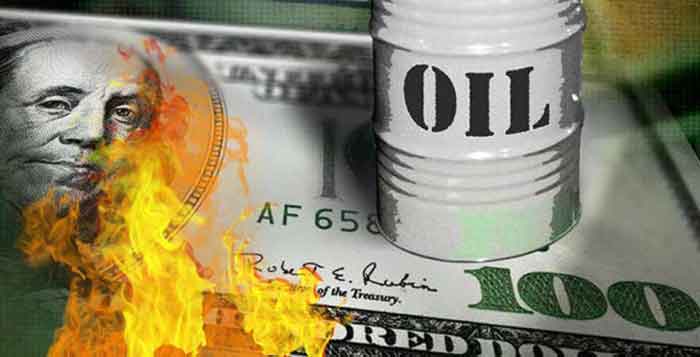OPEC: Russia could discuss deal cuts extension

Russia is ready to discuss an extension of a global deal between OPEC and other countries to cut oil output in Vienna on November 30, TASS news agency quoted the Energy Minister Alexander Novak as saying on Friday. The Organization of the Petroleum Exporting Countries, Russia and several other major producers cut their combined output by about 1.8 million barrels per day since January to reduce bloated inventories and boost oil prices.
Saudi Arabia has been pushing for an extension for nine months until the end of 2018, a position President Vladimir Putin had suggested in October that Russia backed.
But Russia, heavily reliant on oil revenues but wary that any sharp rise in oil prices may be followed by another punishing collapse, has sent mixed signals about its support for such a move since then. Russia's TASS news agency reported earlier this week that oil producers and the Russian' Energy Ministry had discussed a six-month extension.
According to economy minister Maxim Oreshkin, Russia’s economic growth was negatively affected in the month of October due to the country’s participation in the agreement. This is the first time a senior Russian official has spoken against the agreement since it was commenced in November 2015. The comments from the minister came after data showed that the economic growth slowed down to 1.8 percent in the third quarter after growing 2.5 percent in the second quarter.
On Friday, Russian Economy Minister Alexander said that Russia was ready to discuss an extension of the global deal, but made no mention of how long any extension should last. "We are ready to discuss this issue, and I think we will be able to discuss it at the meeting in Vienna," Novak said without elaborating. His spokeswoman declined to comment.
One of the stumbling blocks for extending the OPEC-led deal is a boom in U.S. oil production, which has jumped by 15 percent since mid-2016 to a record 9.66 million bpd.
U.S. producers, which scaled back output with the price slump after mid-2014, have ramped up production as oil prices climbed. Higher U.S. output undermines the impact of output cuts and erodes market share for others, like Russia.
"Make no mistake, expect the dog fight for the global markets once the deal expires," a source at a Russian oil major said about scenarios once the deal on curbing output expires. A key task of the agreement, lifting prices, has been achieved. Benchmark Brent crude, which tumbled from well above $100 a barrel in 2014 to about $27 in 2016, is back above $60.
Russia's budget is based on an oil price of $40 per barrel, suggesting there is a good cushion against a sudden price slide. Novak said on Friday he expected the oil price to remain between $50 and $60 a barrel this and next year.
But Moscow has had to deal with economic and social fallout caused by price falls in 2008-09 and since 2014, said Chris Weafer at Moscow-based Macro-Advisory. "The damage from a third collapse would likely greatly outweigh the financial gains to be made from higher oil in the meantime," he wrote.

